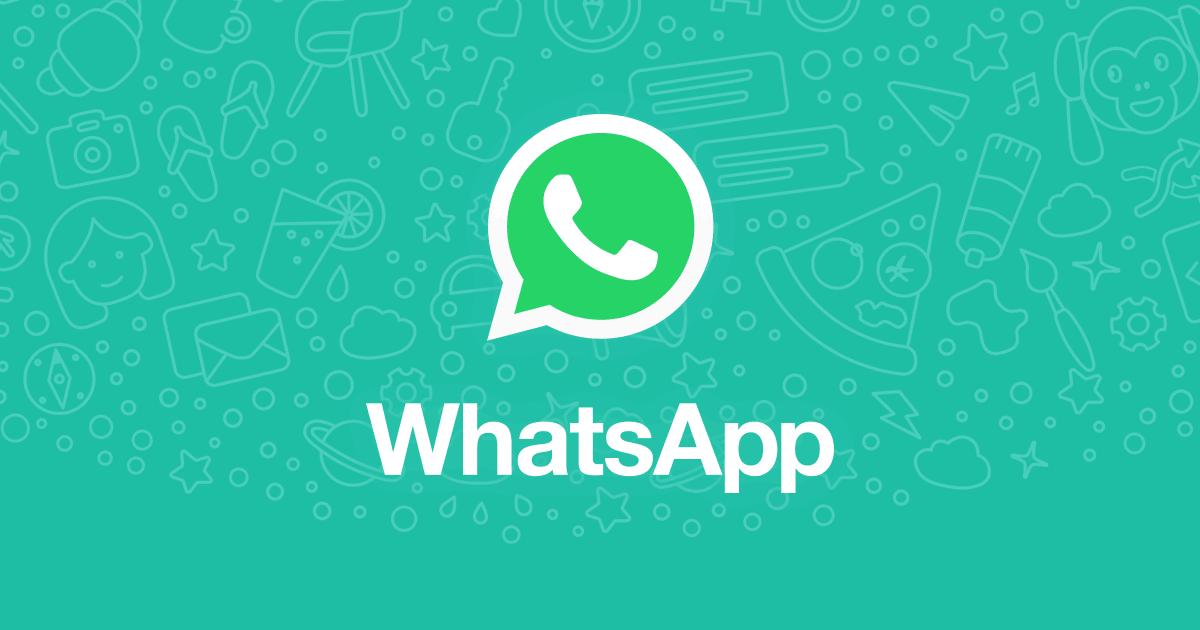There is absolutely no debate that the outsourcing practice continues to thrive in today’s modern business landscape. In fact, a 2016 Deloitte survey showed that major companies will keep outsourcing a huge chunk of their businesses primarily to cut unnecessary costs and subsequently focus on core business operations. Outsourcing may range from providing a full service marketing and web development to email marketing campaign services and customer support. Even to the most mundane administrative tasks that companies simply do not have time to do.
WhatsApp: A Closer Look at the Messaging App We Know Today

Right off the bat, we all know that WhatsApp is the most popular messaging application in the world. The now Facebook-owned company has more than 1.5 billion users from 180 different countries, making it one of the best success stories in digital programming.
WhatsApp was initially launched in 2009 by computer programmers Brian Acton and Jan Koum, who were both previously employed by Yahoo! Acton and Koum initially pitched in on the idea of a messaging tool that “showed a person’s status next to his/her photo”. The app constantly crashed at first and was experiencing a lot of bugs during its beta phase– to a point where Koum almost contemplated dropping the idea altogether and applying for a job instead. The duo chose to ride with the app for a while longer… in 2011, WhatsApp became one of the top 20 downloaded apps on the Apple App store, and in 2018 became the most downloaded messaging app ever.
This is certainly a validation that the concept of creating an efficient messaging tool would be the eureka moment for two simple app engineers.
Outsourcing and its Crucial Role on WhatsApp’s Huge Success in the Digital Industry

Creating a digital start-up may sound promising for most of us at first, but it undoubtedly presents a multitude of challenges. You need to determine what new solutions you can provide to the market’s current problems, and even then you would need to build your own reputation slowly. Before you know it, you’ve lost all your start-up money.
While Acton and Koum developed the initial idea for WhatsApp, they were well-aware of the staunch competition they were about to meet. For instance, Facebook was just beginning to emerge into the online scene with its own messaging tool, and Blackberry Messenger (BBM) was becoming increasingly prominent at the time.
Acton and Koum simply knew they had to focus their priorities in order to be the best. The duo gathered a small $250,000 seed fund from investors (actually their former co-workers at Yahoo who they persuaded to chip in) and had to keep costs at an absolute minimum. How did they do it? They outsourced the majority of WhatsApp’s development to a group of seasoned app developers in Russia, led by one Igor Solomennikov. This allowed WhatsApp employees in Mountainview, California to shift their focus on other tasks, including customer support and administrative responsibilities.
From our vantage point, it is immediately clear that the outsourcing practice became Acton and Koum’s secret ingredient to making WhatsApp launch its product efficiently. Not only was WhatsApp able to minimize its operating costs, it was also able to take advantage of great quality from its development team abroad.
With barely any start-up capital, this was really the only effective way to go for Acton and Koum to make sure that they succeed!
The Effect of Outsourcing on WhatsApp in the Long Run

Outsourcing services to other firms abroad present very obvious advantages (as previously elaborated in the above). Lower costs, better business management, and the potential for enhanced product quality. But what makes the WhatsApp story a particularly unique one is the fact that when they used outsourcing, it literally transformed the app from an idea to a digital juggernaut.
Acton and Koum were confident in outsourcing the app’s development in its launch phase but didn’t know just what type of beast they were handling at the time. In 2014, Acton and Koum sold WhatsApp to Facebook for $19 billion. That’s a pretty large jump from their $250,000 initial capital, right?
In Conclusion, How Can Outsourcing Be an Efficient Tool for a Company’s Success?
The WhatsApp success story has a simple, but inspiring takeaway for business entrepreneurs hoping to thrive in today’s digital age. It’s that outsourcing works when done the right way.
For one, Acton and Koum’s decision to hire Russian engineers to develop their app has been indeed an effective tool to break into the market and better cater to its needs. It has also been a technique to gain access to talent at a significantly lower cost.
AScaleX is determined to help you improve on the next best idea. Allow us to provide you with a dedicated marketing and lead generation team so you can focus on what’s important: growing your business. Who knows, maybe you can create the next WhatsApp?
If you’re up for it, let’s get on a discovery call!
